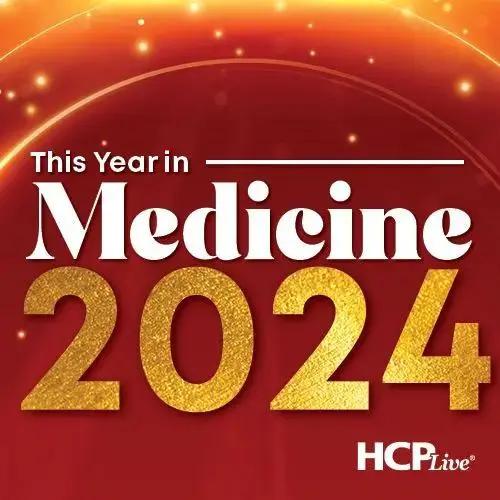When Christian Lillis’ mother passed away suddenly at the age of 56 in 2010 from Clostridioides difficile (C diff), he had to go through the process of getting her affairs in order. She did not have a will, and Christian had to go through the courts to become the executor of her will.
During the process he had spoken to someone within the pathologist’s department, and Christian naturally inquired about if his mother’s infection was reported to the state or federal agency.
“I’ll never forget the person said: ‘people die from C diff every day in New York, it’s not unusual. We don’t report it to the state or the CDC.’ And my response to that was, a healthy 56-year-old woman going to the dentist and dying 6 days later isn’t unusual to you?” Lillis said to the person. “And so that really is what made me dig into how C diff was reported, and to whom it was reported, and how easily the public could access that data and have that knowledge…I’m still angry over that conversation.”
The conversation stuck with him and motivated him into putting a spotlight on C diff. That same year, Christian and his brother, Liam, started the Peggy Lillis Foundation (PLF) for C diff Education and Advocacy. Over the years, PLF has worked to help serve C diff patients and their caregivers.
Fast forward to last month, and congresswoman Yvette Clark (D-NY)—who is Christian’s representative—introduced legislation, the Peggy Lillis Clostridioides difficile Inclusion Act, into the House of Representatives. The act calls for C diff to be recognized as a nationally notifiable infectious disease and condition.
PLF was instrumental in getting the bill introduced. As part of its governmental advocacy, PLF have a Lobby Day in Washington DC every year where they speak to Congressional representatives and their aides.
“We have been meeting with her [Clark] over the years, keeping her up to date on what was going on with C diff,” Lillis said. He also said there was a health inequity aspect that appealed to Clark and helped in getting her involved and sponsoring the bill.
“There’s research showing that people of color, in particular, Black Americans get C diff at slightly lower rates than White Americans, but they have worse outcomes. And Congresswoman Clark has always been very interested in health equity and ensuring that people have access to treatment.”
The Prospective Bill and Getting it Passed
The bill as written, and if passed, would:
- Require states to collect and report data on confirmed cases of C diff
- Require Health and Human Services (HHS) to establish standardized data elements, including demographic information, clinical information, and laboratory results, for the reporting of cases of C diff.
While getting the bill introduced is a very important step, it must goes through a long process in order to get passed and they still need congressional help to have a chance of doing so.
“We’re looking at republican congressional representatives to find a republican cosponsor,” Lillis said. “In these partisan times, having an all-democratic bill or an all-republican bill doesn’t tend to work, so our volunteers and board members who live in republican districts are in communication with their representatives, and now talking to them about the bill. We’re hoping that we can announce a cosponsor in the next month or 2.”
Anyone can get involved in advocating for the bill by contacting their local representatives. For anyone interested in contacting Congress, people can go to PLF’s website and send a message directly to their representative’s office.
This is part 1 of a 2-part conversation with Lillis. We will be publishing the next part of the conversation in the coming days.









Muchas gracias. ?Como puedo iniciar sesion?